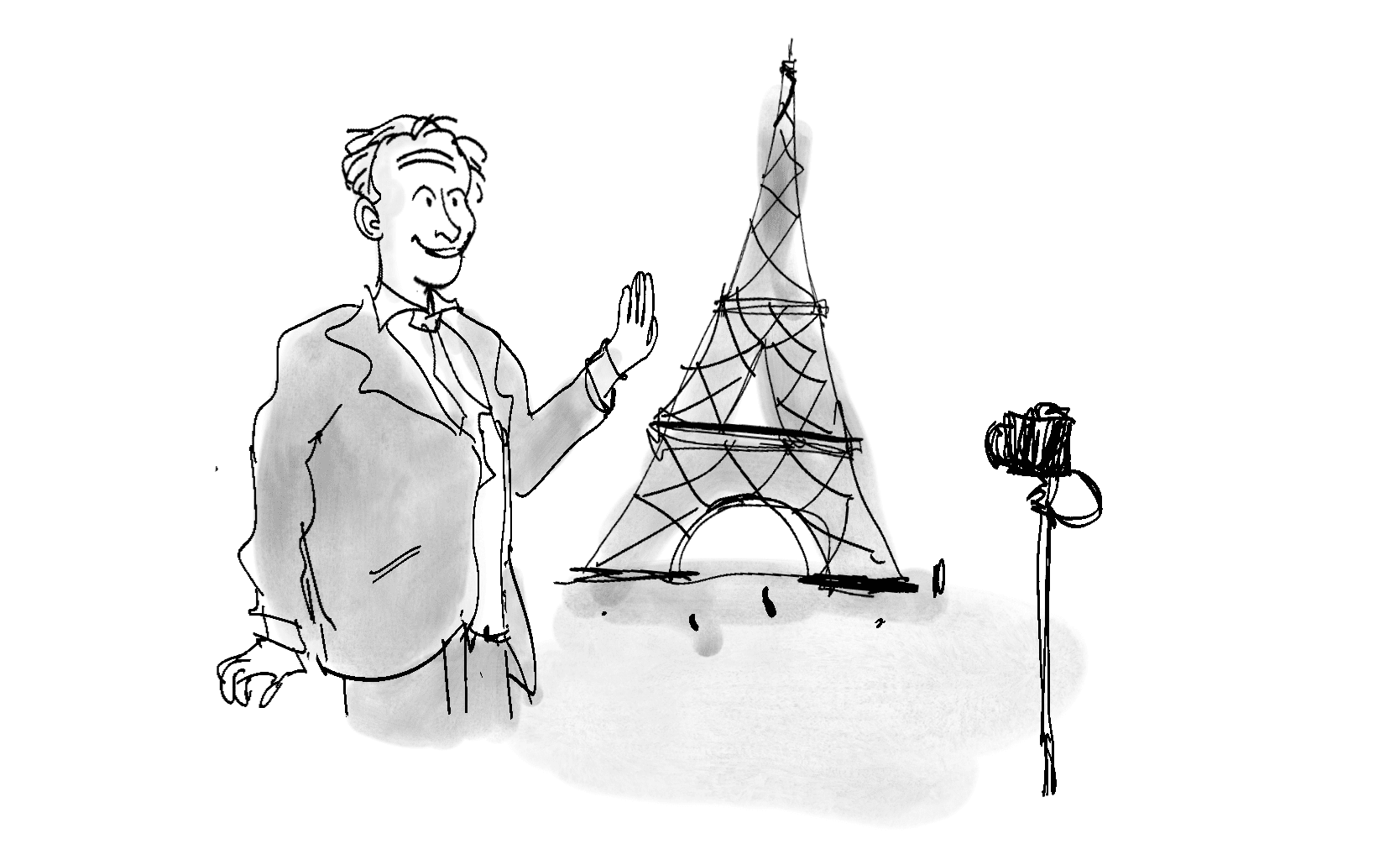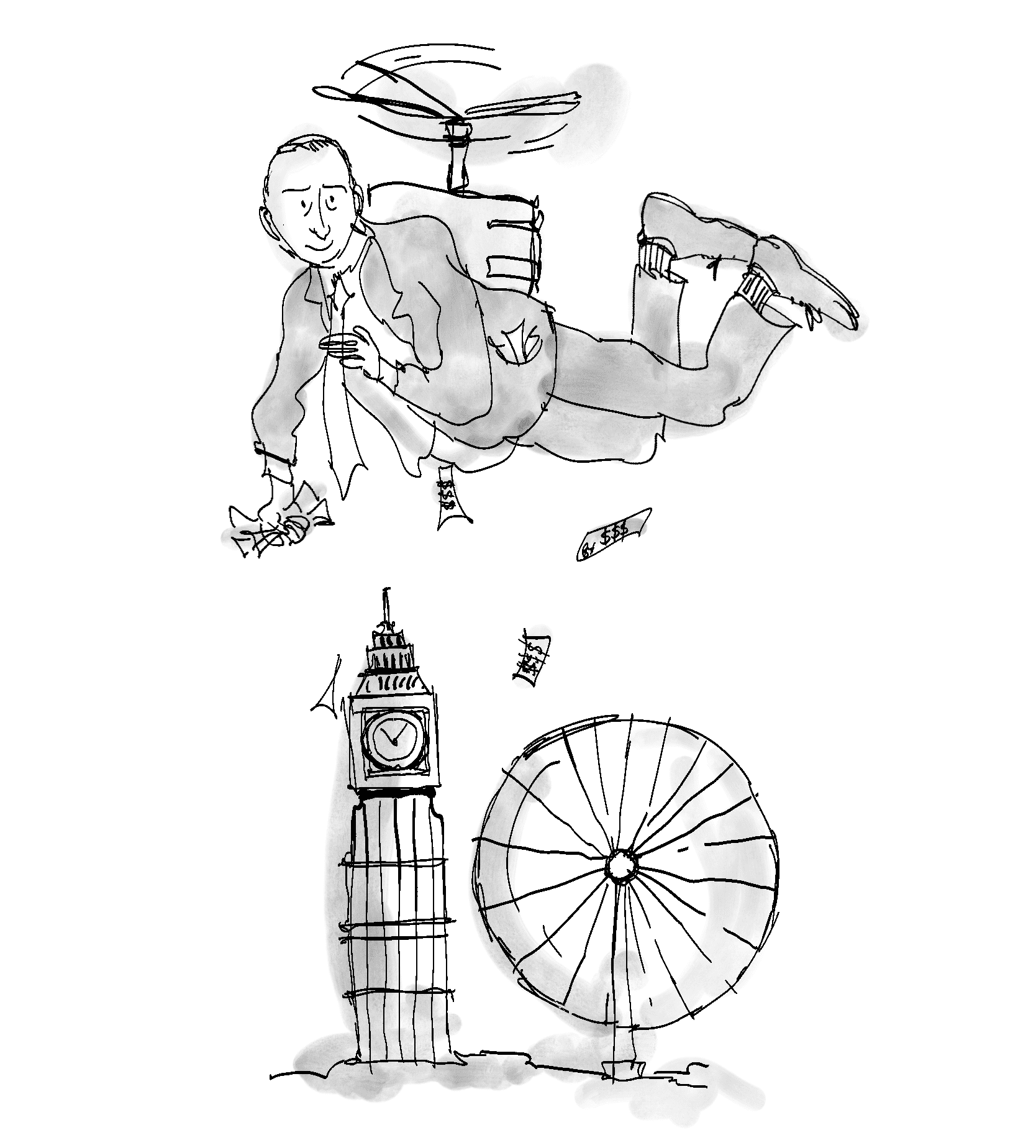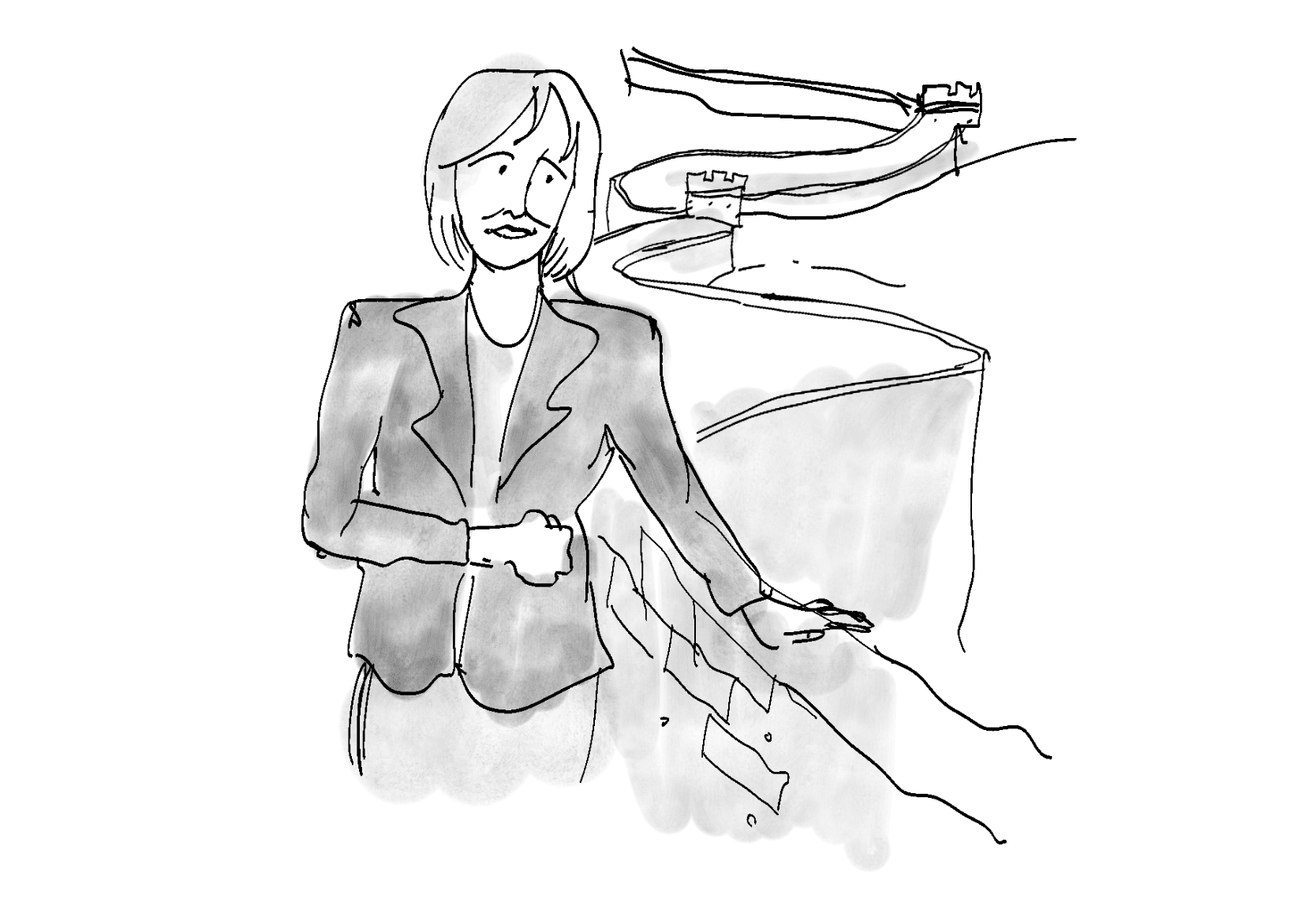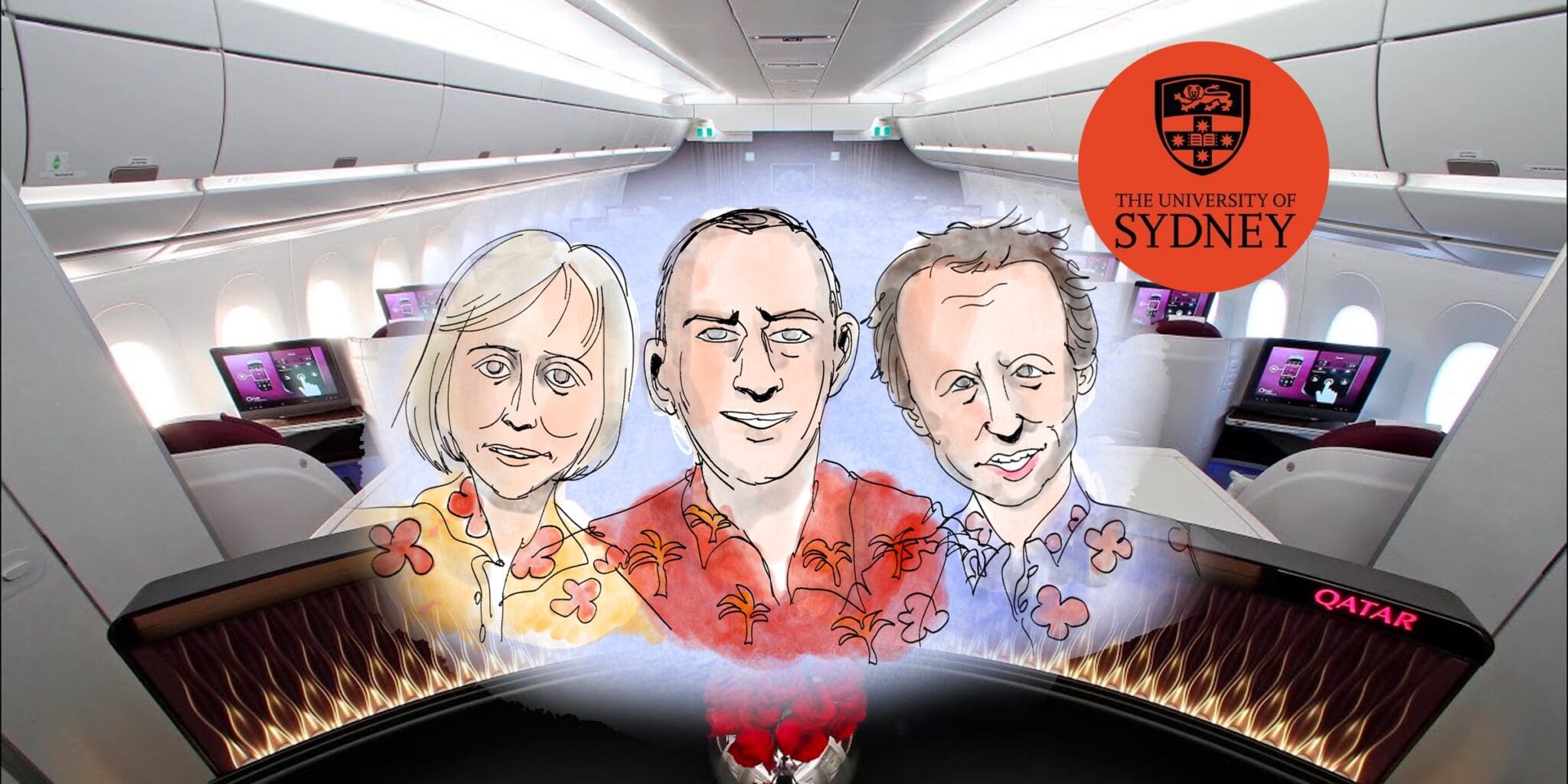The University of Sydney’s top Executives expensed $210,422.21 to the University on airfares and accommodation in 2017, with business class flights accounting for the vast majority of that sum.
USyd’s Executive – including Chancellor Belinda Hutchinson, then Vice-Chancellor Michael Spence, the Deputy Vice Chancellors, Pro-Vice Chancellors and Vice Principals – spent $171,204.96 on airfares alone in 2017.
Members of the Executive routinely fly Business Class internationally, including to China, Switzerland, India, the UK, the US, Mexico, Denmark, France and Scotland – all on the University’s dime.

Yet such practice is seemingly at odds with the University’s public expense procedures.
Here, USyd’s non-allowable expense policy classifies Premium Economy and Business Class travel as a non-allowable expense, with staff required to purchase the cheapest airfare available at the time of booking. USyd’s travel policy allows approval for Business Class airfares only in “exceptional circumstances” such as medical requirements, subject to approval from Senior Management, or due to specific clauses of an employment contract.
When asked to explain the Executive’s lavish spending behaviours, a Spokesperson for the University simply stated that “expenses incurred by our senior executive are approved by the Vice-Chancellor and are within our guidelines”.
However, given the proximity between the Vice-Chancellor and his fellow senior executives, the potential for largely unscrutinised approval of expenses is high.
The Vice-Chancellor for the period in question was Michael Spence, who himself spent $30,619.46 on flights in 2017 alone. Strangely, Spence also expensed $695 to the University on “Select Limousines”, despite the fact that USyd’s Travel Procedure policy stipulates that vehicle hire should “normally be standard or economy class” and be of “reasonable cost”.
Spence’s aversion to flying Economy meant that he had the second-highest spend per flight, with his average international flight costing $5,305.81. This was only bested by Chancellor Belinda Hutchinson, who spent $12,263 on two airfares – one each to China and the UK.
Then Deputy Vice-Chancellor (Research) Duncan Ivison spent $28.415.02 on flights in 2017, while then Deputy Vice-Chancellor (Education) Philipa Pattison spent $25,062.50.

5 star hotels
USyd Executives also expensed $39,217.25 on accommodation in 2017, with much of this sum spent on 5-star hotels.
For example, Hutchinson spent $2,917.52 on the Knightsbridge Hotel, a 5-star hotel in London whose cheapest room costs more than $650 per night. Knightsbridge is one of the most expensive neighbourhoods in London, with the median house price of Knightsbridge street calculated at $28.5 million.
Spence, meanwhile, enjoyed 5-star stays at the Taj Palace in New Delhi, Renaissance in Hong Kong, and the Langham in Sydney. The Langham is located just 5km from the multi-million dollar University-owned Woollahra mansion that Spence occupied during his tenure as Vice-Chancellor.
Other Executives stayed at the Shangri-La in Sydney, the Intercontinental in Beijing, Millennium Hotels in the US, the Grand Hotel Karel V in Utrecht, the Hotel Altis in Lisbon, and Hotel Americano in New York.

The University’s Travel Procedures policy stipulates that staff must book accommodation with properties “which offer the cheapest, appropriate, available accommodation”.
In light of their regular visits to accommodation on the pricier end of the market, the qualification that properties must be “appropriate” likely gives significant leeway for Executives to stay wherever they feel is suitable. For individuals like Hutchinson, who owns a $20 million apartment in Point Piper, it makes sense that only accommodation as luxurious as the Knightsbridge Hotel is appropriate.
Travel for military-related purposes
Michael Spence spent $16.49 in June 2019 at an event reported as “Chinese Navy Function”. When asked to explain the nature of this expense, a spokesperson for the University provided the following statement:
“We have many partnerships with universities and organisations around the world – including some that can contribute to national, regional and global security – and any related travel or expenses are approved under the normal process.”
Duncan Ivison, meanwhile, spent $452.95 on the Avalon Airshow in 2019. The Avalon Airshow is an exhibition of “display-flying” of military and other aircraft in conjunction with the Australian Air Force, Army, and Navy. The Airshow is sponsored by aerospace and defence companies Boeing, Lockheed Martin and Northrop Grumman.
Ivison also spent $1,108.26 on the Go8 Defence Summit, a conference involving Australia’s Group of Eight universities and defence industry stakeholders. The Summit tackled issues such as ‘how to funnel graduates into the defence industry’ and was sponsored by Lockheed Martin and weapons company Thales Australia, the latter of which Hutchinson presides over as Chairman.
Additionally, Deputy Vice-Chancellor (Indigenous Affairs) Lisa Jackson Pulver spent $553.98 on WA Showcase & ADF Meetings in March 2020. Neither Jackson Pulver, Ivison or USyd’s media office responded to Honi’s request for information as to the nature of these events or USyd’s role in them.
Honi is conducting an investigation into Executive expensing practices. This article is the third of a series. Find the first here and the second here.





